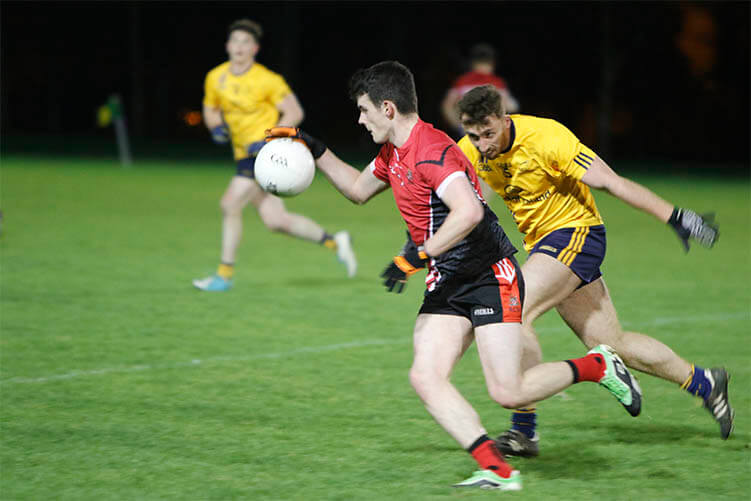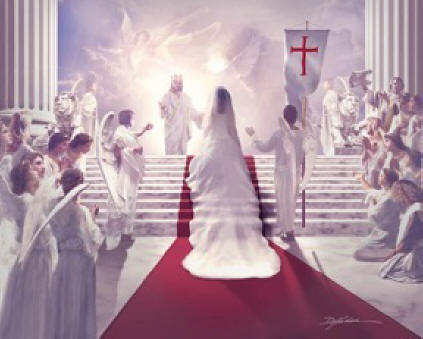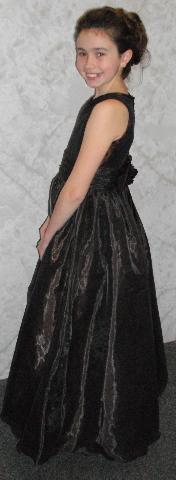On September 26, 1934, Brundage announced that the American Olympic Committee officially accepted the invitation to participate in the Berlin Olympics. It wasn’t long after Adolf Hitler seized power in 1933 that a broad-based international protest movement arose, centered on the question of whether the regime would allow Jewish athletes from Germany to participate in the Olympic Games. Should this permission not be granted, the protesters, especially in England and the United States, demanded that the international community boycott the athletic festival in Berlin. The IOC, however—as so often in its history—declared that such political questions lay outside its area of responsibility. Its president, Belgian aristocrat Henri de Baillet-Latour, made reference to Germany’s internal affairs, in which there was little desire to interfere.

- Following the Moscow Games, the US was the next country to host the Olympics, which led to the Soviets and its allies boycotting the events in a retaliation of the American-led boycott of 1980.
- The 1936 Summer Olympics torch relay was the first of its kind, following on from the reintroduction of the Olympic Flame at the 1928 Games.
- The Australians purposefully ignored the Americans, neither cheering nor booing, as the American government had refused to intervene in the crisis.
- Jesse Owens had his medals and didn’t need the race; he felt bad, but the show went on.
But after WWII, both Germany and Japan were banned from participating in the 1948 Olympic games due to their roles in the war. Every four years, different sportsmen and spectators from different parts of Greece, present-day Anatolia and the Black Sea region in Turkey, would come to the city to hold the Olympics to honour Zeus exclusively. US diplomats will boycott the upcoming Beijing Winter Olympics in China. Here is a short history of when the Olympics fell victim to politics and why.
History
Cartoon in Soviet newspaper “Sovetskaya Rossiya” shows Uncle Sam using Statue of Liberty against the Moscow Olympics on April 16, 1980 in Moscow.. The 1980 and 1984 Olympics also struggled with political nimbus kayaks problems, mainly due to Cold War tensions. In 1979, Moscow invaded Afghanistan, escalating tensions between the Western world and the communist bloc. Interestingly, the Olympics were held in Berlin in 1936 despite the rule of Nazi Germany.
Many Hungarian Jews shared their fellow citizens’ passion for sport and viewed participation as a means of assimilation. In the 1930s, however, the anti-Semitic views of the fascist Hungarian government that developed close ties to Hitler’s regime also pervaded some fields of sport. Fencing officials openly disdained Jews, even champion fencers such as Endre Kabos, who won the gold medal for Hungary in the individual and team saber events. With construction of an impressive 325-acre sports complex underway, an international controversy erupted over the Nazis’ exclusion of Jewish athletes from Germany’s Olympic team. The international community condemned the ban as a violation of the Olympic code of equality and fair play, and called for a boycott. United States Olympic Committee head Avery Brundage initially supported the boycott, but changed his mind after a Nazi-led inspection of the new facilities.
Hitler’s Olympics: The Nazi Games Of 1936
However, they reluctantly returned to compete under this name at the 1984 Winter Olympics. Most recently, they again risked an Olympic ban for the 2020 Tokyo games due to a preemptive name change request in 2018. Asking yet again to be called Taiwan instead of Chinese Taipei, they were told they would not be allowed to participate if they made any changes to their team’s name. Taiwan backed down and was able to compete in the games under the name Chinese Taipei. Despite prevailing over the PRC in the 1956 games, the ROC has faced difficulty in gaining proper Olympic representation in the years since.
“Participation in these games must not be construed to be an endorsement of the policies and practices of the Nazi government,” said Avery Brundage, leader of the American Olympic Committee and the anti-boycott forces. “Measures have been adopted to ensure that there will be no violation of the fundamental principles of fair play and sportsmanship, or the Olympic standards of freedom and equality to all,” he added. Mass murder was still years away, but mass mayhem already targeted Jews and others in Germany. Brown-shirted Hitler Youth marched in the streets, chanting, “Germans, defend yourselves. Don’t buy from the Jews.” Jewish books were burned. Boycotts, racial and religious strife, and international intrigue plagued the world’s most prominent festival of sport.
Charlie Burley, a national champion boxer from Pittsburgh and one of the athletes who traveled there, joined the Catalans in reinforcing the barricades as soon as the shooting stopped. The whole city worked to repel the Spanish military, arming themselves with the weapons they got from the armories they raided. The coup was briefly defeated, at least at that moment, but the Popular Olympics would never be held as this marked the beginning of the Spanish Civil War. “Socialists, communists, and unionists united to eradicate fascism,” Payton later told an interviewer. “Women held barricades; some women even led detachments of workers against the fascists.” Many of those same women had formed the Feminist Sports Club, which had invited young Catalan women to compete, and fight, as men’s equals. In one instance, Catalan anarchists advanced on the military with their hands in the air, spoke to the soldiers, and convinced them to turn their artillery pieces on their officers.
Stingrays Recorded Making Sounds For The First Time
Most tourists were unaware that the Nazi regime had temporarily removed anti-Jewish signs. Neither would tourists have known of the “clean up” ordered by the German Ministry of Interior in which the Berlin Police arrested all Gypsies prior to the Games. On July 16, 1936, some 800 Gypsies were arrested and interned under police guard in a special Gypsy camp in the Berlin suburb of Marzahn.
Instead, the United States was one of fifty-one countries — the largest number yet in the modern Olympic era — that chose to attend. Brown’s book tells the story of the American eight-man rowing team that won gold at Berlin. Also attending was a delegation of Jewish athletes from Eretz Yisrael that featured a highly-ranked soccer team with players drawn from well-regarded Hapoel Tel Aviv and Hapoel Haifa teams. Unfortunately, the planned games had to be cancelled at the last minute because the city had been made unsafe by the beginning of the Spanish Civil War. At the 1933 American Federation of Labor convention, Vladeck and Jewish union leaders convinced the AFL to support a boycott of Nazi goods. To his dying day, Glickman maintained that the reason for his cancellation was anti-Semitism – by his own American coaches.


